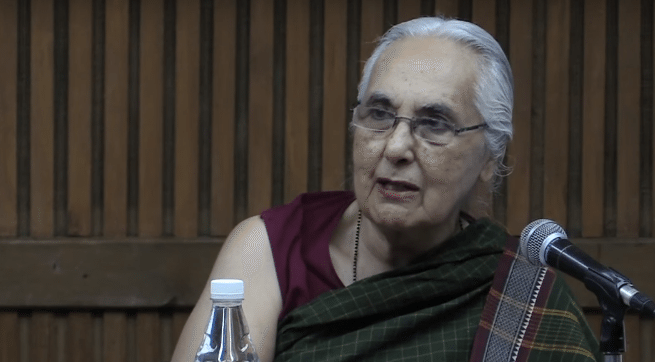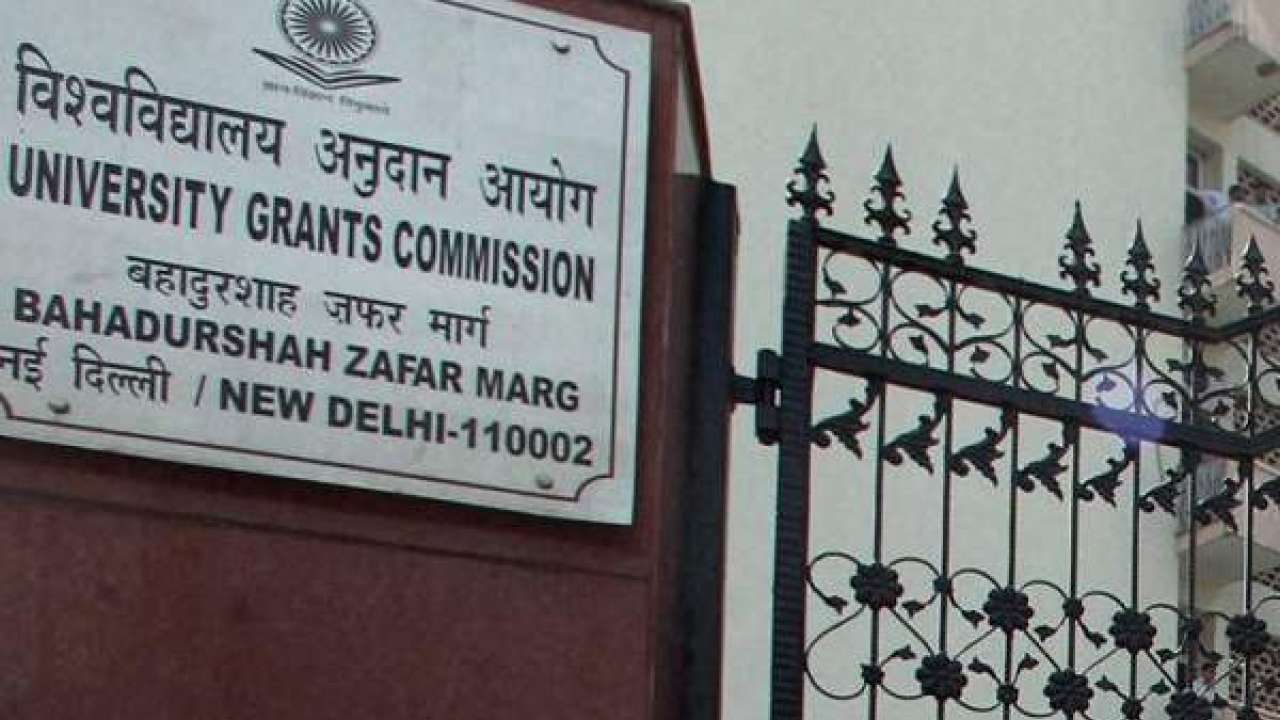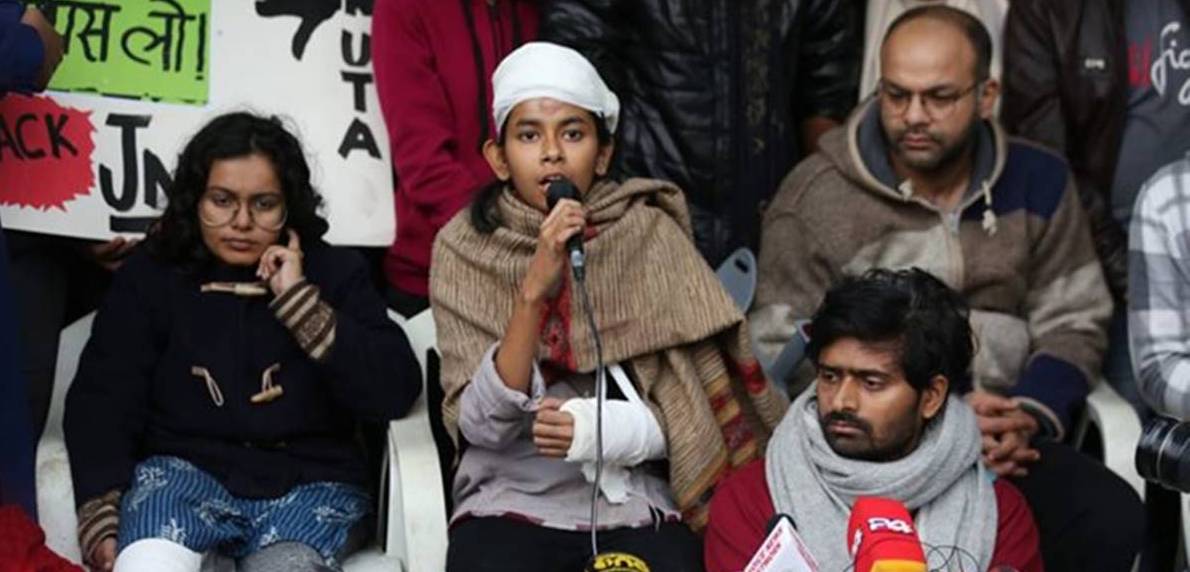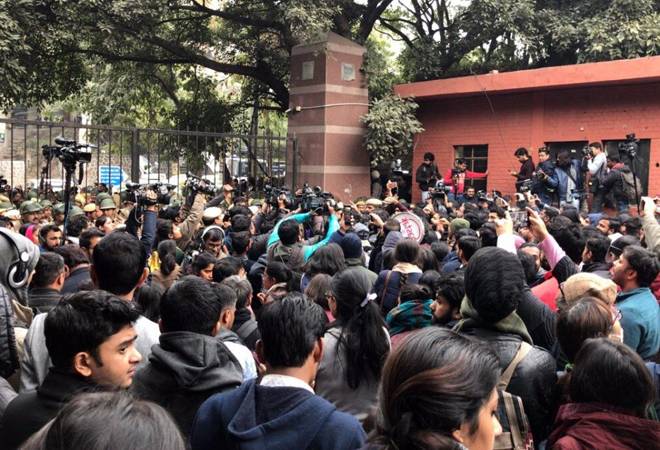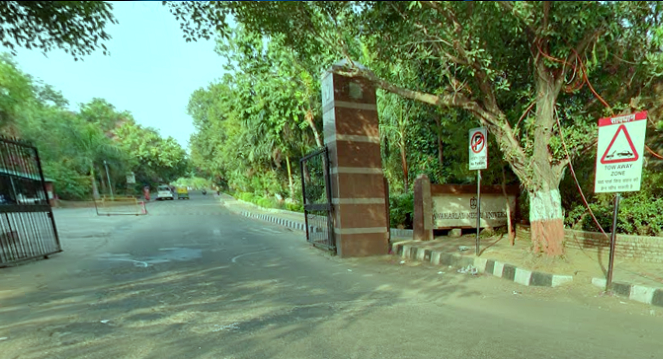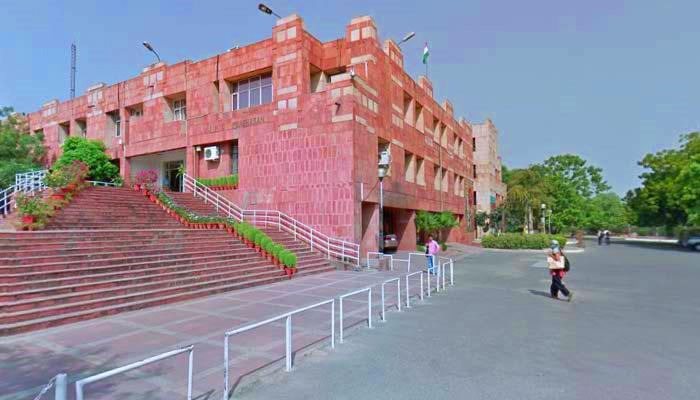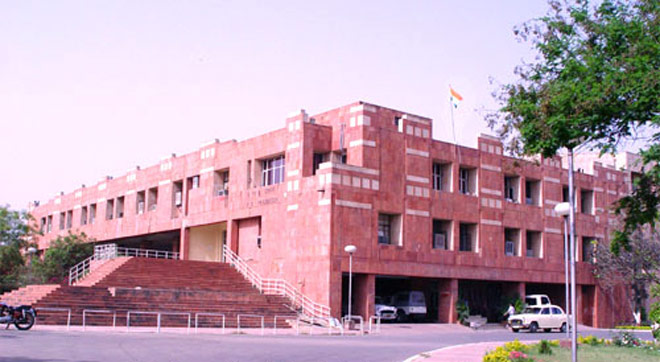Enough has already been said and written about Professor Romila Thapar – a gifted historian, a critic and a leading public intellectual. And these days, as we know, there are many who have begun to laugh at the JNU administration – the way it has demonstrated the absence of grace, intelligence and pedagogic awareness. To ask a Professor of Emeritus to send her CV, needless to add, is ridiculous. But then, this article is not about Professor Thapar and her extraordinary CV, and dazzling achievements. Instead, I wish to reflect on what in a recklessly hierarchical society–or a society obsessed with the ‘celebrity syndrome’ – often misses.
Believe it, there are many unknown teachers/professors/researchers who might not possess the kind of CV that Professor Thapar possesses; but then, some of them are honest, sincere and committed; and they too are being constantly harassed by the system. Why is it that our conscience is not disturbed when we witness the constant attack on the vocation of teaching and research, and we begin to shed tears only when a celebrity thinker like Professor Romila Thapar is in news? While as a JNU professor, I am in solidarity with all those who have been questioning the motive of the notorious JNU administration beneath its attitude towards Professor Romila Thapar, I wish to add something more to the debate.
Why is it that our pain is hierarchized?
The JNU administration, as I see, reflects the unholy alliance of a totalitarian political thinking and a techno-managerial/bureaucratic approach to education. Hence, it is inherently against the spirit of higher education – the liberating potential of critical thinking, the beauty of dissent and debate, and the ecstasy of non-utilitarian learning. It is obvious that an administration of this kind would have no appreciation for a scholar like Romila Thapar – her reflections on history, culture and civilization, and her critical voice that has often interrogated the politics of the ruling regime. Here is an administration that breeds mediocrity, and only knows how to invent the ‘rules’ to issue the threatening circulars, and evolve all sorts of ‘committees’ to quantify, measure and evaluate the experience of teaching, learning and research through the ‘scale’ of ‘productivity’, the ‘length’ of the CV, and the fetish of ‘efficiency’ and ‘impact factor’ (and yes, in a corrupt country like ours, it further encourages the proliferation of all sorts of ‘journals’ and ‘seminar industry’). It would also try to censor the culture of critical thinking. And it is no longer limited to a single university. It is the general trend; no university–in the age of anti-intellectualism and totalitarian politics–can escape this onslaught.
While the likes of Professor Thapar are experiencing this humiliation right now, there are many – say, an unknown teacher in a central university in Bihar who was severely beaten up for his protest against the university administration, 48 teachers in JNU who have been issued chargesheets for their dissenting voices, students across universities–from HCU to TISS, and many others–who have been living with this constant process of stigmatization and humiliation. With show cause notices, chargesheets, enquiry committees, court cases, and the meanness of the administration (not clearing the pension paper for a teacher known for his dissenting voice, and denying even the duty leave to attend a seminar or a conference), many unknown teachers are living, struggling and fighting. It is not merely about Professor Thapar’s pain; it is our collective destiny.
However, the brute fact is that we have internalized the principle of hierarchy. Hence, if a group of unknown professors from the Manipur University fight against the authoritarian VC, it does not disturb the conscience of the newspaper editors, or even the radical intelligentsia. Seldom does it get the kind of attention that the JNU administration’s ugly urge to see and evaluate Professor Thapar’s CV gets. We should be honest to accept that even our pain/struggle/resistance is hierarchized.
Believe it, the academic culture that we nurture reproduces this hierarchy. And at times, even amongst the ‘progressive’/’radical’ scholars, this hierarchy can operate in a subtle way with its principle of ‘insiders’ and ‘outsiders’, and ‘merit’ and ‘dullness’. Hence, we at JNU, as it is believed, are supposed to get more attention than the struggling teachers elsewhere because the likes of Judith Butler and Noam Chomsky are our ‘friends’. Not solely that. The ‘Oxford/LSE club’ would not feel very comfortable with ,say, those who have done their scholarly works in India. And this hierarchy will be reproduced through what can be regarded as the academic culture of ‘networking’–publications in trendy journals, books from international publishers, awards and prizes, and membership in diverse academic bodies. Almost everybody who ‘matters’ in the academia–you can be a Marxist, a feminist, an Ambedkarite– has encouraged this hierarchical practice. In a way, we are ‘brahminical’.
Is it the reason why the agony of Professor Thapar appears to be more painful than that of an unknown/honest/rebellious teacher in an remote college or university?
I believe we should not escape this question, even when we are in solidarity with Professor Thapar.
Falling into the trap of fancy CVs
Why is it that our ‘scholarship’ breeds inflated egos, and it becomes exceedingly difficult to experience the lightness of being? As university professors, we love to define ourselves through our CVs. And generally, we are fond of demonstrating our worth through some sort of self-advertisement–say, repeatedly reminding the audience in a seminar/conference of our CVs. And there is a delicate science of writing and presenting your CV. The papers you have written, the books you have published, the volumes you have edited, the national/international conferences you have attended, the seminar sessions you have chaired, your membership in different committees and boards of studies, the visiting professorship in foreign universities, the students you have supervised, the prizes and awards that have distinguished you: every detail should be included, advertised and talked about. You are what your CV is–it is your power, prestige, scholarship, intelligence. No wonder, the system breeds inflated egos. Yes, quite often voluntarily we give our CVs to different agencies. These CVs are everywhere–in websites, in self-appraisal reports and in the introductory notes through which someone introduces us before we begin to read our papers in a seminar. We are not ideologically or philosophically against the culture of CVs. So a question might be asked by a cynic: What is wrong if the administration, or, for that matter, anybody wants to know something more about Professor Thapar’s CV–say, her latest writing, or the latest presidential address she delivered in some conference ? Does it hurt her ‘ego’, or the egos of her admirers? Is it like asking the Mount Everest: what is your height?
In a way, as a collective, we are in trouble. We have celebrated the narcissistic culture of CVs. We have allowed ourselves to be measured through CVs. And hence we are falling into its trap. Today , as the trend in our own university indicates, the Chairpersons will be reduced into ‘head clerks’ who would certfy whether a professor’s CV is good, satisfactory or bad. Think of a situation. In a particular academic year, you have decided not to visit abroad, and present a paper, say, at Cambridge. You have concentrated on your teaching, and as a result, you have not written a paper or a book. And you are inner-directed. You do not feel like chairing all sorts of academic sessions in seminars. What would be your CV during that year? Nothing. Because what you have done–say, your rigorous teaching, your meditative calmness, your reading, reflections , thinking and evolution cannot be mesured or quantified. Are you then useless?
I believe that we have to acquire the confidence to live and radiate our spirit in silence, and even without attractive CVs. Only then can we resist this oppressive measure that dictates us to update our CVs almost with robotic efficiency.
Yes, Professor Romila Thapar is brilliant. But then, to fight for her honour is to fight simultaneously for the honour of a dedicated school principal in a remote corner of Uttarakhand, an unknown college teacher in Madhya Pradesh who arouses hope amongst many first generation learners, and a teacher who–even when not privileged enough to possess the ‘Oxbridge’ cultural capital– dares to question the deeds of politically appointed Vice-Chancellors. Beyond ‘name’ and ‘fame’–this would be a struggle for collective redemption.
Avijit Pathak is a Professor at the Centre for the Study of Social Systems, Jawaharlal Nehru University, New Delhi.

